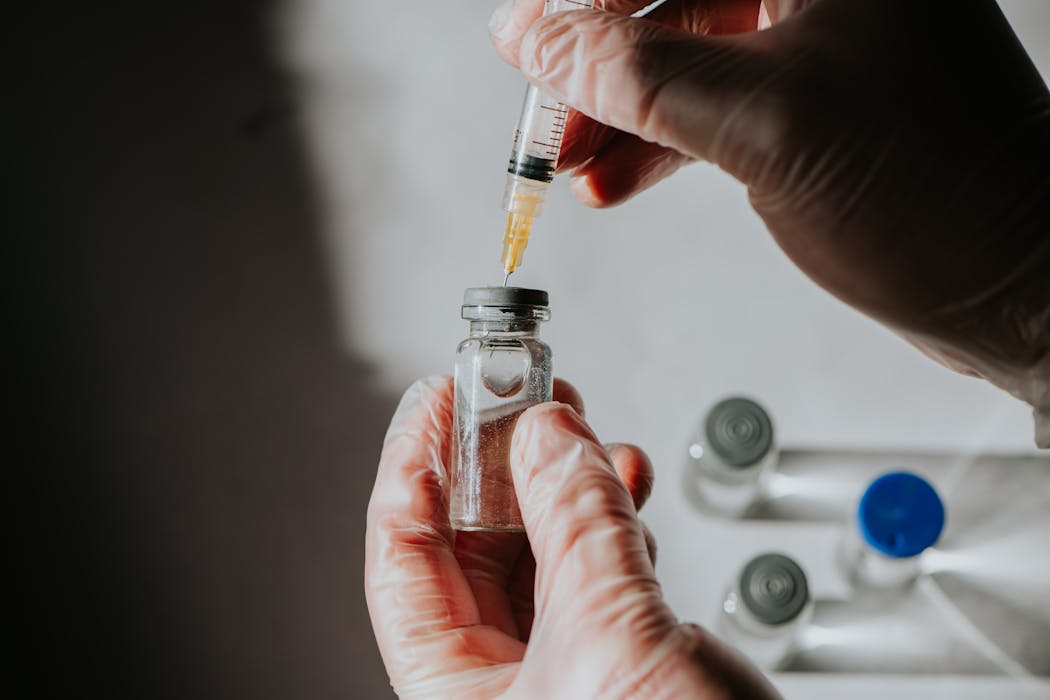FDA rejects Moderna’s mRNA flu vaccine application - for reasons with no basis in the law
- Written by Ana Santos Rutschman, Professor of Law, Villanova University
 In December 2025, Moderna submitted an application to the FDA to approve the first mRNA-based flu vaccine.Catherine Falls Commercial/Moment via Getty Images
In December 2025, Moderna submitted an application to the FDA to approve the first mRNA-based flu vaccine.Catherine Falls Commercial/Moment via Getty ImagesThe Food and Drug Administration has refused to review an application from the biotech company Moderna to approve its mRNA-based flu vaccine.
The agency’s decision, which Moderna announced...
Read more: FDA rejects Moderna’s mRNA flu vaccine application - for reasons with no basis in the law

